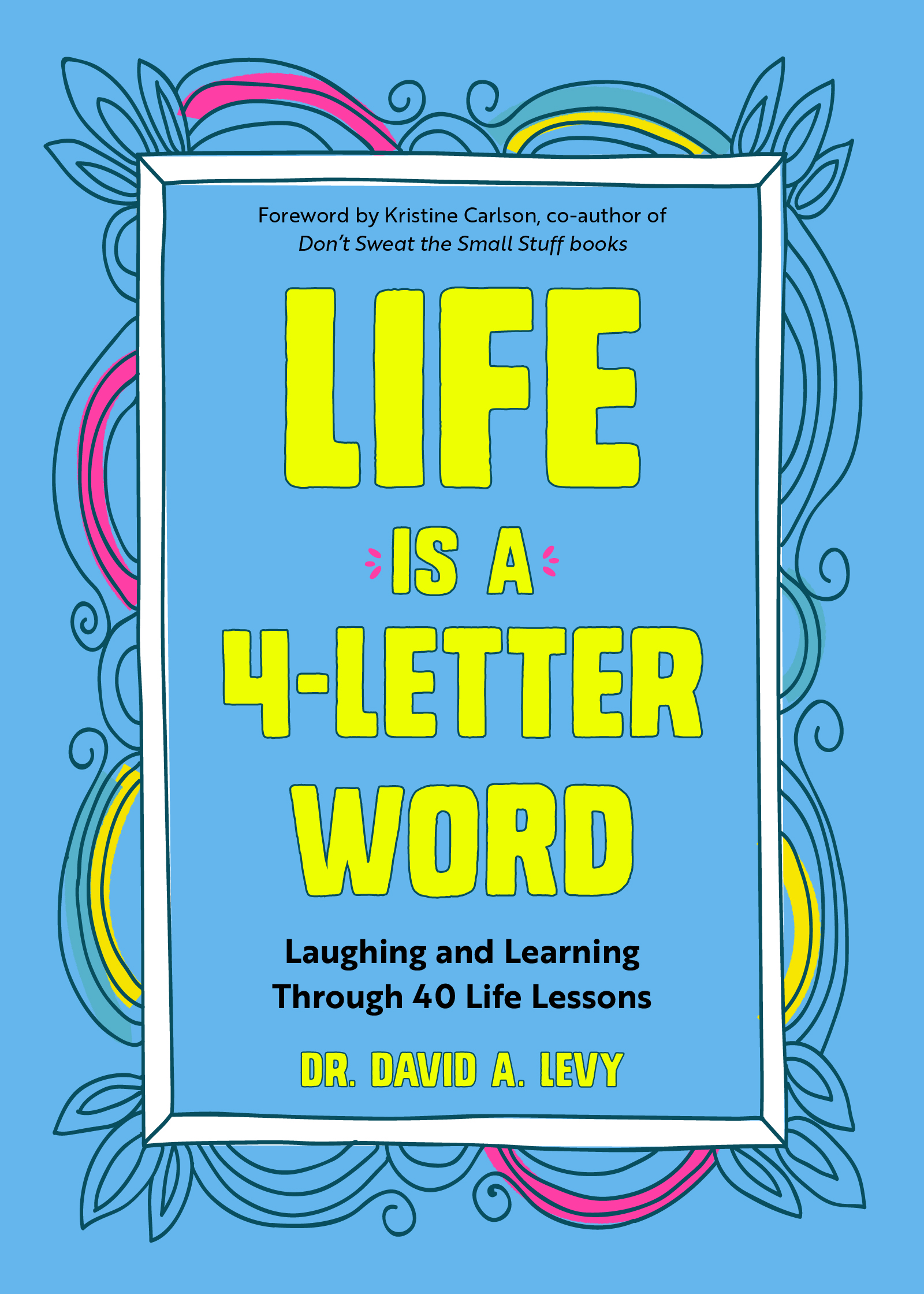“It is what it is.” For decades, I’d bristle at the very utterance of that blazingly obvious, circular, overused phrase. I mean, how could “it” be other than what it is? How could it be what it isn’t? The whole thing just seemed to be nothing more than a worthless, pseudo-metaphysical pretzel.
That is, until I glimpsed a post-game interview with an NBA star in the twilight of his career. Love him or hate him, indifferent to him or (somehow) unaware of him, Kobe Bryant was a superhuman force to behold throughout the span of his remarkable athletic reign. His talent. His skills. His will to win. And, not incidentally, his ability to play through utterly incapacitating pain. The litany of injuries he endured is mind boggling: multiple fractured fingers and knees, torn shoulder, ruptured Achilles tendon, and a never-ending array of maladies to his back, hip, and ankles. And through it all, Kobe just kept ferociously competing — and usually winning. After a particularly grueling game, the interviewer queried him, “How are you consistently able to perform, despite all your body has been through?” Kobe took only a brief moment to ponder the question. With a shrug of his shoulders and a tilt of his head, he replied, “it’s just pain.”
It’s just pain. He didn’t offer up an elaborate or convoluted explanation. He wasn’t trying to elicit pity or admiration. His use of the word “just” didn’t minimize the extent of the pain (which, I’m certain, was excruciating). No, “just” meant “simply.” As in, “it’s nothing more than that.” As in, “that’s all it is.” As in, “it is what it is.”
In that moment, I got it. The phrase “it is what it is” finally rang true for me as a useful mindset, not just a worthless cliché. It meant “don’t make something more of it than it already is” — even if the “it” might be painful, confusing, scary, or otherwise troubling.
However, I came to realize that “it” can actually metamorphize into something much more…the moment we find personal meaning in it. When Nurse Gabe stabbed me with that shot at age six, it was really painful — and then it wasn’t. In that sense, getting a shot simply was what it was. But, what did I take from that experience? It taught me that, when faced with the inevitable, it’s best to just face it and get it over with.
When we derive some kind of meaning from our experiences, they can all become valuable life lessons. Like learning when a tie is really a win. Or striving for simplicity. Or recognizing the limits of insight. Or sometimes just stating the obvious. Or cherishing the journey more than the destination. Or surviving betrayal. Or admiring the will to live.
All of our experiences are what they are — plus the meaning we attach to or reap from them. And that includes the meaning we experience by sharing it with others — as I’m doing with you right now…
Life Lesson: It is what you make of it.

Follow us here and subscribe here for all the latest news on how you can keep Thriving.
Stay up to date or catch-up on all our podcasts with Arianna Huffington here.


